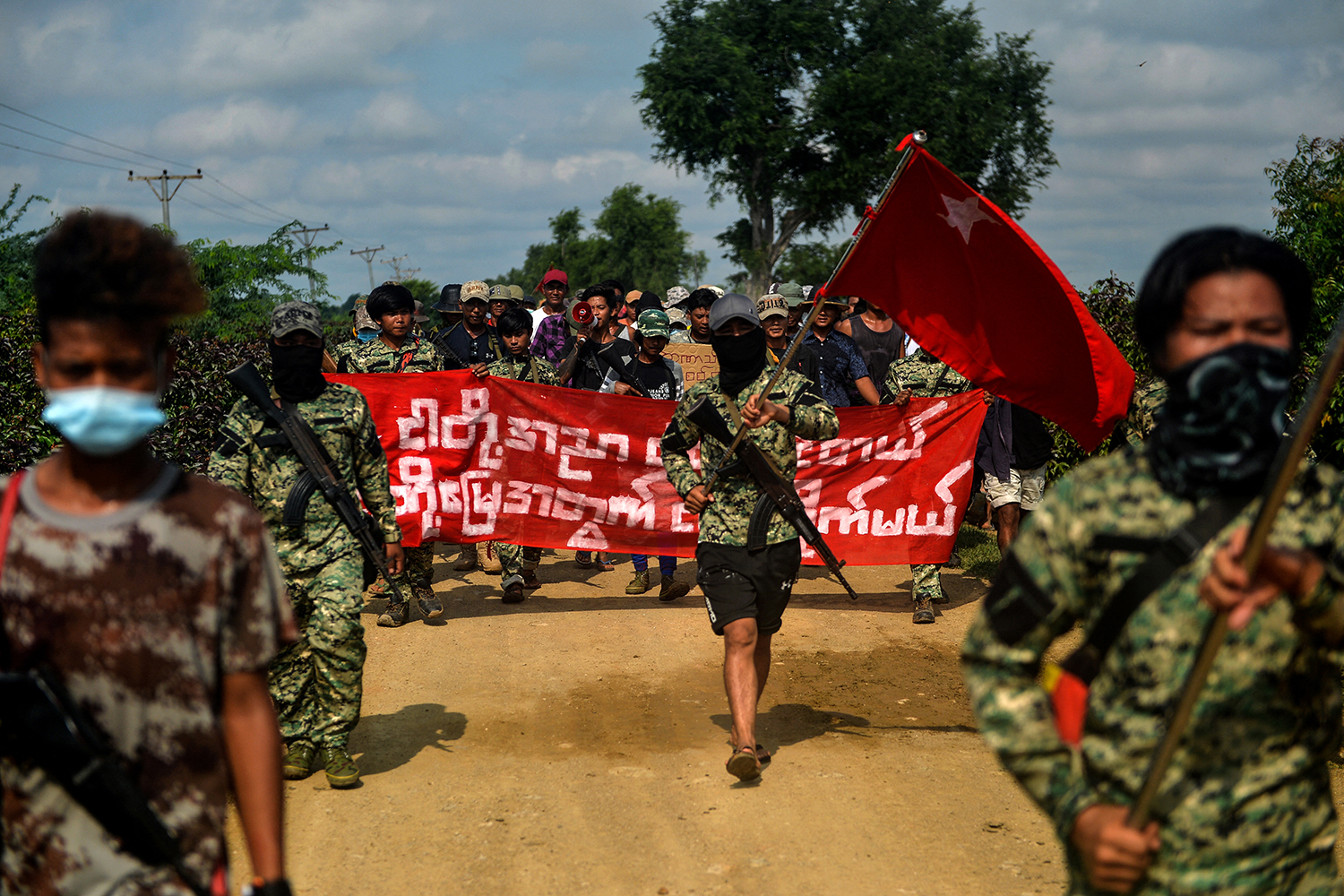By SU MYAT MON | FRONTIER
YANGON — A senior National League for Democracy lawmaker has opposed a Yangon Region government plan to begin work on the southwest new city project on April 1.
The controversial project initiated by the former regional government will see tens of thousands of acres in western Yangon developed under a public-private partnership model.
But Daw Sandar Min (NLD, Seikgyikhanaungto) said Chief Minister U Phyo Min Thein’s administration has made significant changes to the project scope and investment model since it was first proposed, and Yangon Region Hluttaw members needed more information about the plans.
“Lawmakers should be well-informed about how the project will go forward and with whom,” she said on Thursday.
Support more independent journalism like this. Sign up to be a Frontier member.
Under the proposed investment model, the southwest new city project will be developed by a public company, Yangon Metropolitan Development, in which the Yangon Region government holds a 51 percent stake and Myanmar Construction Team holds 49 percent.
Sandar Min said MCT, a consortium of 29 companies, does not yet have the necessary capital for the project, which is likely to cost billions.
“I think if businesspeople from banking sector get involved in the new city project, then it will be better and smoother for the project,” she said.
She also criticised a proposal for representatives of the private sector to fill positions on Yangon Metropolitan Development’s board on behalf of the government.
“If the government is not skillful enough to handle this business, then the government should not invest in it because it is the public’s money and they are the ones who will be affected.”
The southwest new city project was included in the regional government’s economic plan for 2017-18, which Minister for Planning and Finance U Myint Thaung presented to the Yangon Region Hluttaw on Monday.
The government is forecasting economic growth of 8.5 percent, above the national figure, with services (16.8 percent) and industry (10.9 percent) expected to grow at the fastest rate.






